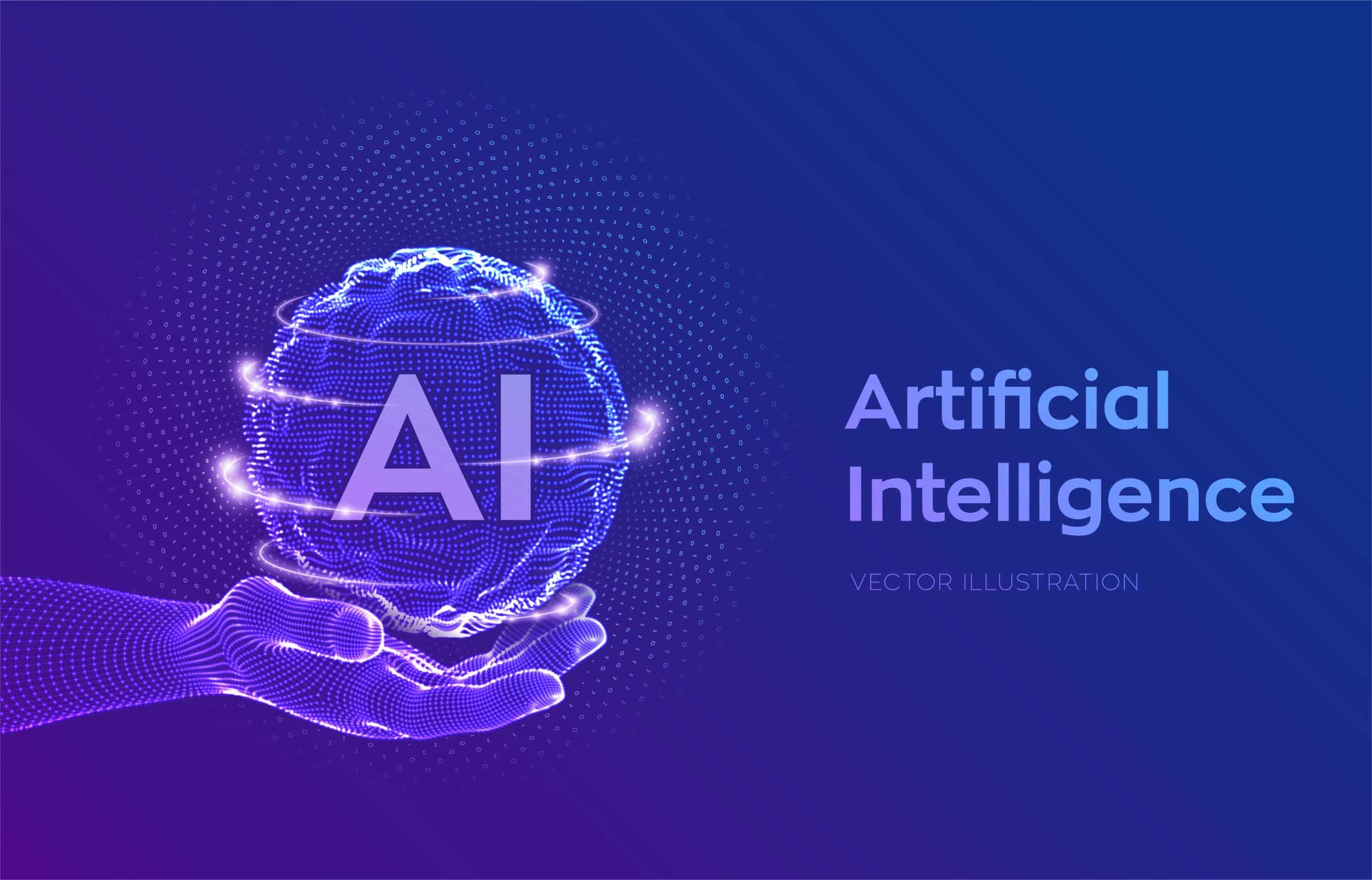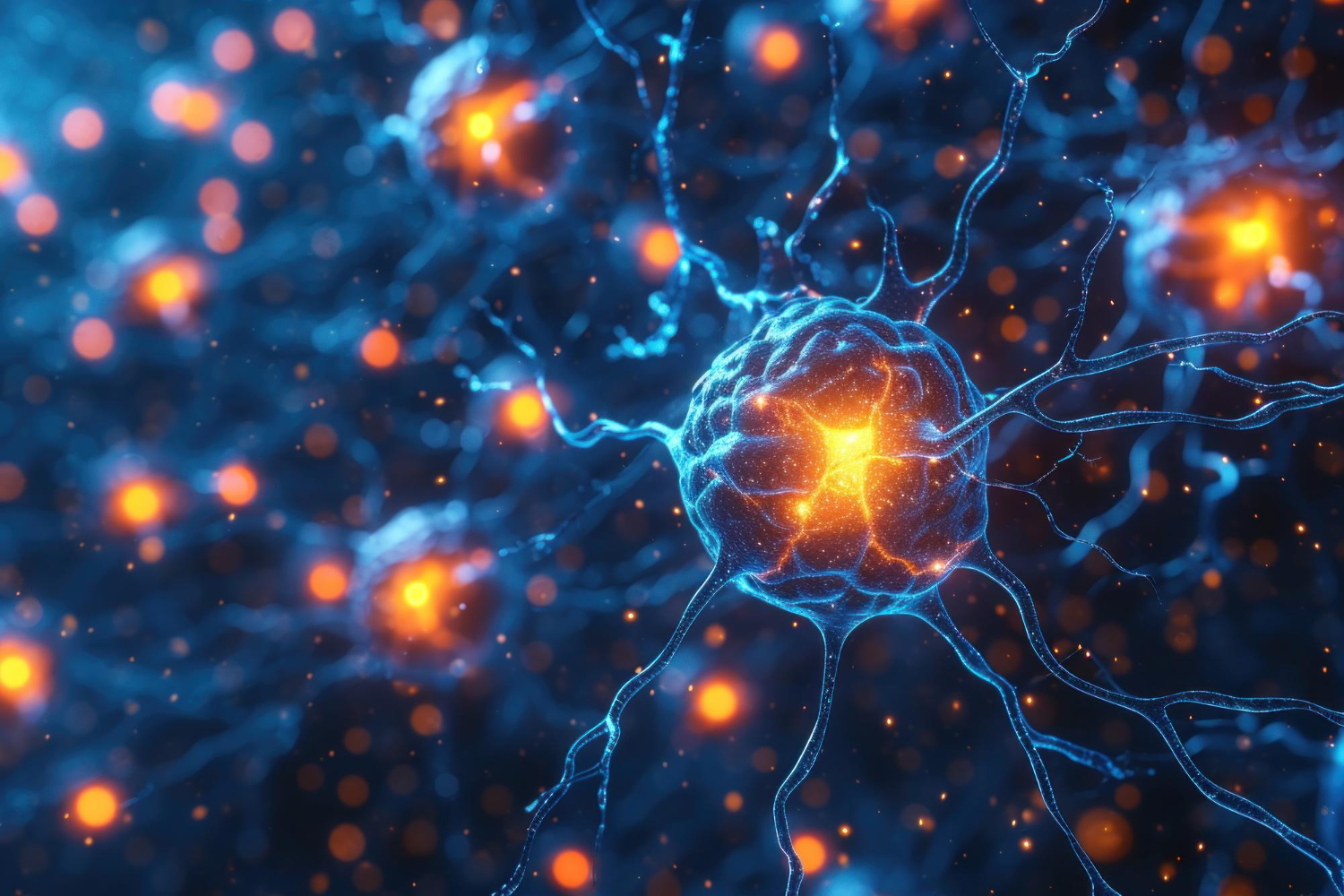
In today’s digital age, content marketing has become more vital than ever. Brands are constantly seeking innovative ways to captivate their audience and stand out from the crowd. Enter artificial intelligence (AI), a powerful tool that is transforming the world of content marketing.
AI is revolutionizing the way brands create, deliver, and optimize their content. With its advanced algorithms and machine learning capabilities, AI can analyze vast amounts of data to understand consumer behavior, preferences, and trends. This allows brands to tailor their content to meet the specific needs and interests of their audience, resulting in a more personalized and engaging experience.
Whether it’s generating captivating headlines, optimizing keywords, or creating engaging visuals, AI can help brands streamline their content creation process and ensure they are delivering the right message to the right audience at the right time. By harnessing the power of AI, brands can gain a competitive edge in the digital landscape and achieve greater success in their content marketing efforts.
Join us as we explore the power of AI and how it is transforming content marketing for brands in the digital age. Discover the endless possibilities and understand why AI is becoming an indispensable tool for every content marketer.
Understanding the impact of AI on content creation
AI is revolutionizing the way brands create, deliver, and optimize their content. With its advanced algorithms and machine learning capabilities, AI can analyze vast amounts of data to understand consumer behavior, preferences, and trends. This allows brands to tailor their content to meet the specific needs and interests of their audience, resulting in a more personalized and engaging experience.
AI-powered content creation tools can generate engaging headlines, create compelling visuals, and even write entire articles. These tools use natural language processing algorithms to understand the context and tone of the content, ensuring that it aligns with the brand’s voice and resonates with the target audience. By automating the content creation process, brands can save time and resources while still producing high-quality content.
Additionally, AI can help content creators identify gaps in their content strategy and suggest topics that are most likely to resonate with their audience. By analyzing data from various sources, including social media, search engines, and industry trends, AI can provide valuable insights that inform content creation decisions. This data-driven approach ensures that brands are delivering relevant and timely content that meets the needs of their audience.
Leveraging AI for content curation and personalization
In the digital age, consumers are inundated with content from various sources. Brands need to cut through the noise and deliver content that is relevant and valuable to their audience. AI-powered content curation tools can help brands sift through a vast amount of content and identify the most relevant pieces to share with their audience.
Using AI algorithms, these tools can analyze the preferences and behavior of individual users and recommend content that aligns with their interests. This level of personalization not only enhances the user experience but also increases engagement and brand loyalty. By delivering tailored content to each user, brands can establish themselves as trusted sources of information and build lasting relationships with their audience.
AI can also help brands optimize their content distribution strategy. By analyzing data on user engagement, AI algorithms can identify the best times and channels to distribute content for maximum impact. This ensures that brands are reaching their target audience when they are most likely to be receptive to their message, increasing the chances of converting leads into customers.
AI-powered content optimization and SEO
In the digital landscape, search engine optimization (SEO) plays a crucial role in ensuring that brands’ content is discoverable by their target audience. AI-powered tools can help brands optimize their content for search engines and improve their organic rankings.
By analyzing keywords, competitor data, and user search patterns, AI algorithms can identify the most relevant keywords and phrases to incorporate into the content. This not only helps improve organic rankings but also ensures that the content resonates with the target audience. AI can also help brands optimize other aspects of their content, such as meta tags, headings, and image alt text, to improve their visibility in search engine results pages.
AI can also help brands identify opportunities for content expansion and optimization. By analyzing user search queries and content performance data, AI algorithms can suggest related topics and keywords that can be incorporated into existing content or used to create new pieces. This ensures that brands are continuously improving and expanding their content library to meet the evolving needs of their audience.
AI-driven analytics and data insights for content marketing
Data is the lifeblood of content marketing. It provides valuable insights into audience behavior, content performance, and overall marketing effectiveness. AI-driven analytics tools can help brands make sense of their data and extract actionable insights that inform their content marketing strategy.
By analyzing data from various sources, including website analytics, social media platforms, and customer relationship management systems, AI algorithms can identify patterns, trends, and correlations that human analysts may overlook. These insights can help brands optimize their content strategy, identify new target audiences, and uncover untapped opportunities for growth.
AI can also help brands monitor and measure the effectiveness of their content marketing efforts in real-time. By analyzing data on user engagement, conversions, and sales, AI algorithms can provide instant feedback on the performance of individual pieces of content. This allows brands to make data-driven decisions and adjust their content strategy on the fly to maximize results.
AI chatbots and virtual assistants in content marketing
AI-powered chatbots and virtual assistants are revolutionizing the way brands interact with their audience. These intelligent bots can provide instant, personalized responses to customer queries, improve customer service, and even assist with content creation and distribution.
Chatbots can be programmed to answer frequently asked questions, provide product recommendations, and guide users through the customer journey. By automating these tasks, brands can free up human resources and provide a seamless and efficient user experience.
Virtual assistants, on the other hand, can assist with content creation and distribution. By analyzing data on user preferences, content performance, and industry trends, AI algorithms can suggest topics, headlines, and distribution channels that are most likely to resonate with the target audience. This level of automation not only saves time and resources but also ensures that brands are delivering the right message to the right audience at the right time.
Ethical considerations and challenges in AI-driven content marketing
While AI offers immense potential for content marketing, it also raises ethical considerations and challenges. Brands need to ensure that their AI-powered content is transparent, unbiased, and respects user privacy.
Transparency is crucial in AI-driven content marketing. Brands should clearly communicate to their audience when AI is being used to generate or curate content. This helps build trust and ensures that users are aware of the role AI plays in their content experience.
Unbiased content is another ethical concern. AI algorithms are only as good as the data they are trained on. If the training data is biased or skewed, it can result in biased content recommendations or even perpetuate harmful stereotypes. Brands need to be vigilant in monitoring and addressing biases in their AI systems to ensure fair and inclusive content experiences.
Lastly, user privacy is paramount. Brands need to ensure that user data is collected and used responsibly, in compliance with applicable privacy laws and regulations. This includes obtaining informed consent from users and providing them with control over their data.
Implementing AI in your content marketing strategy
Implementing AI in your content marketing strategy requires a thoughtful and strategic approach. Brands should start by identifying their content marketing goals and the specific areas where AI can provide value.
It’s important to remember that AI is not a one-size-fits-all solution. Different AI tools and algorithms serve different purposes, and brands need to choose the ones that align with their specific needs and objectives. Whether it’s content creation, curation, optimization, or analytics, brands should select AI tools that complement their existing processes and workflows.
Brands should also invest in the necessary infrastructure and resources to support AI implementation. This may include hiring data scientists, AI specialists, and content creators who are familiar with AI technologies and methodologies. Additionally, brands should ensure that they have the necessary data collection and storage capabilities to support AI-driven content marketing initiatives.
Finally, brands should continuously monitor and evaluate the performance of their AI systems to ensure that they are delivering the desired results. AI is not a set-it-and-forget-it solution; it requires ongoing monitoring, fine-tuning, and optimization to maximize its potential.
Case studies of successful AI-powered content marketing campaigns
To truly understand the power of AI in content marketing, let’s explore some real-world case studies where brands have successfully leveraged AI to achieve remarkable results.
Case Study 1: Company X – Personalized Content Recommendations
Company X, an e-commerce retailer, implemented an AI-powered content recommendation engine on their website. By analyzing user behavior, purchase history, and browsing patterns, the AI algorithm was able to recommend personalized product recommendations and content to each user. This resulted in a 25% increase in conversion rates and a 30% increase in average order value.
Case Study 2: Company Y – AI-Generated Content
Company Y, a media organization, used AI algorithms to generate content for their news website. The AI system analyzed data from various sources, including press releases, news articles, and social media, to create engaging and informative news stories. This allowed Company Y to publish more content in less time, resulting in a 50% increase in website traffic and a 20% increase in ad revenue.
Case Study 3: Company Z – AI-Powered SEO Optimization
Company Z, a digital marketing agency, implemented an AI-powered SEO optimization tool to improve their clients’ organic rankings. The AI algorithm analyzed competitor data, user search patterns, and content performance to identify opportunities for optimization. By implementing the AI recommendations, Company Z’s clients saw a 40% increase in organic search traffic and a 50% increase in keyword rankings.
These case studies demonstrate the transformative power of AI in content marketing. By leveraging AI technologies and methodologies, brands can achieve remarkable results and gain a competitive edge in the digital landscape.
Conclusion
The power of AI in content marketing is undeniable. From content creation to curation, optimization to analytics, AI is transforming the way brands create, deliver, and optimize their content. By harnessing the power of AI, brands can gain a competitive edge, deliver personalized and engaging experiences to their audience, and achieve greater success in their content marketing efforts.
As AI continues to evolve and advance, it is becoming an indispensable tool for every content marketer. Brands that embrace AI and incorporate it into their content marketing strategy will be able to cut through the noise, deliver relevant and valuable content, and build lasting relationships with their audience.
So, are you ready to unlock the power of AI in your content marketing? Start exploring the possibilities, experiment with different AI tools and algorithms, and watch your content strategy soar to new heights in the digital age.




